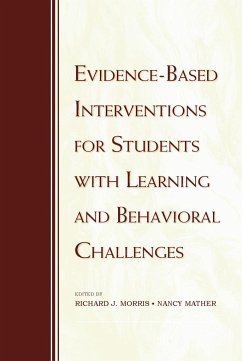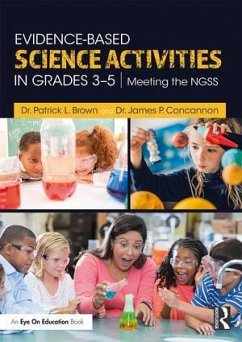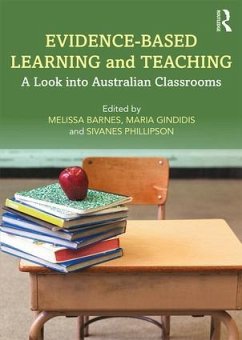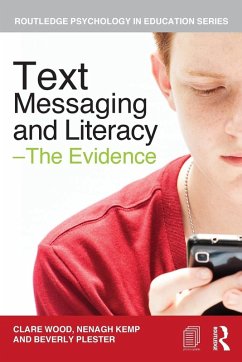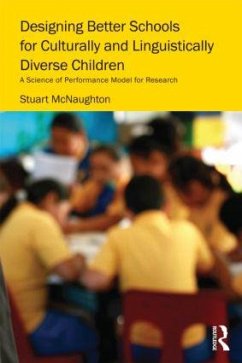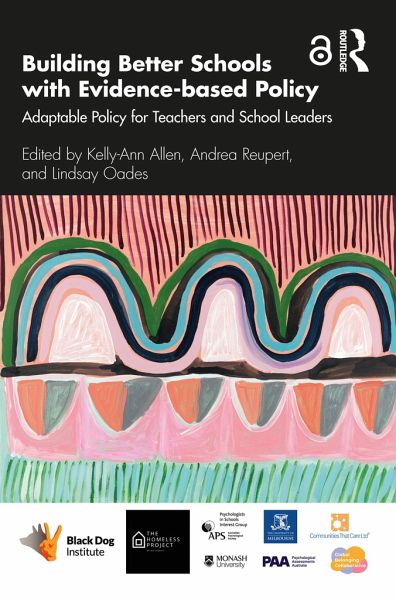
Building Better Schools with Evidence-based Policy
Adaptable Policy for Teachers and School Leaders
Herausgeber: Allen, Kelly-Ann; Oades, Lindsay; Reupert, Andrea
Versandkostenfrei!
Versandfertig in 1-2 Wochen
45,99 €
inkl. MwSt.
Weitere Ausgaben:

PAYBACK Punkte
23 °P sammeln!
Building Better Schools with Evidence-based Policy: Adaptable Policy for Teachers and School Leaders provides an extensive set of free-to-use policies for building better schools. The policies included in this book cover a broad range of popular topics for schools that are not readily accessible, and each policy is built on theory, driven by research, and created by experts. Each policy is based on substantial evidence, and this is ensured through the inclusion of contributors who are active and highly reputable in their respective field. Most schools are obliged to write and maintain policy, ...
Building Better Schools with Evidence-based Policy: Adaptable Policy for Teachers and School Leaders provides an extensive set of free-to-use policies for building better schools. The policies included in this book cover a broad range of popular topics for schools that are not readily accessible, and each policy is built on theory, driven by research, and created by experts. Each policy is based on substantial evidence, and this is ensured through the inclusion of contributors who are active and highly reputable in their respective field. Most schools are obliged to write and maintain policy, and not all school leaders have the required skills, time, or expertise to do this effectively. Building Better Schools with Evidence-based Policy: Adaptable Policy for Teachers and School Leaders is a time-saving resource for schools. It aims to address the reported research-to-practice gap in education by delivering accessible evidence-based practice in a ready-to-use adaptable format. All policies within this book are designed to be adapted and tailored to the unique diversity and needs of each school as reflected by the context and the people that make up the school community.¿¿ This book is relevant to every person who works in a school - worldwide. Users of this book can rest assured that each policy has been carefully formulated from the current understandings of best practice. This is a practical innovation and an example of how schools can use research evidence in their day-to-day practices. "The Open Access version of this book, available at www.taylorfrancis.com, has been made available under a Creative Commons Attribution-Non-Commercial-No Derivatives 4.0 license." ¿





